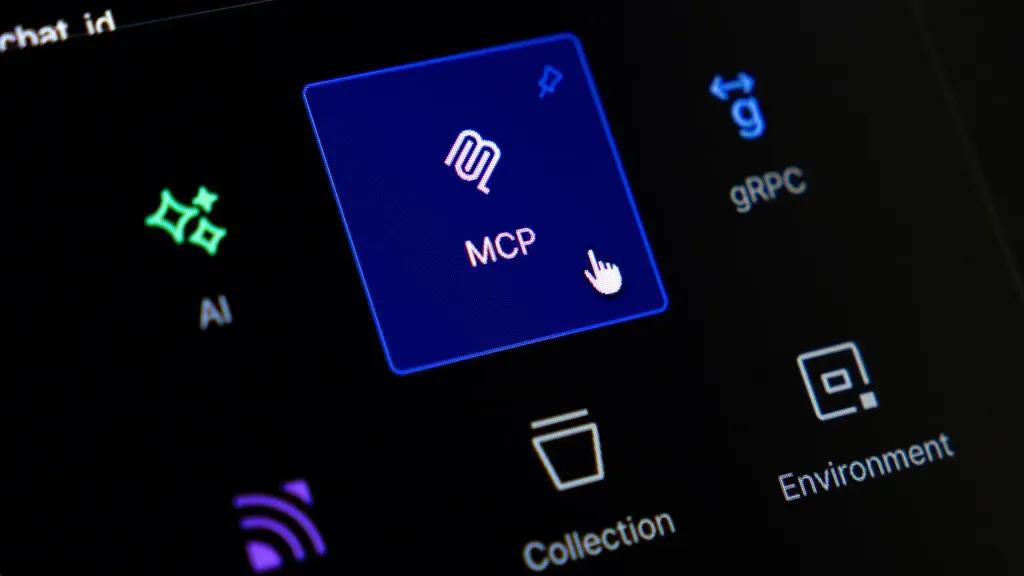The Shift No One Saw Coming
In 2023, Google made a quiet change that altered the physics of visibility. The familiar blue links, the currency of web discovery for two decades, started to fall beneath a new layer: AI answers.
At first, it seemed like just another experiment. Then came the metrics. Traffic from organic search began to slip, not just a little, but dramatically. By mid-2025, according to BrightEdge and Similarweb, over 60% of all search sessions were zero-click, with AI overviews or chat panels satisfying the query before a site was ever visited.
The world's biggest discovery platform had stopped being a gateway and had become a destination.
The old rules of SEO, keywords, backlinks, and technical markup suddenly looked incomplete. Something new was forming in their place: Generative Engine Optimisation (GEO).
The New Frontier of Visibility
GEO is the emerging discipline of optimising content for AI discovery, not human clicks. Where traditional SEO trained Google's crawler, GEO trains the models, ChatGPT, Gemini, Perplexity, Copilot, the engines that now answer questions, cite sources, and summarise the web's knowledge for users directly.
It's not about gaming algorithms anymore; it's about being included in the model's memory.
According to Search Engine Land's 2025 industry survey, there's still no universal name for this new practice; some call it GEO, others AEO (Answer Engine Optimisation). But the consensus is clear: visibility in AI ecosystems will compound. Brands cited and referenced early will be reinforced by every subsequent query, building a form of semantic authority that's even stickier than backlinks once were.
In short, the brands that teach the machines first will own the answers later.
From Backlinks to Proof Loops
In the search era, Google rewarded authority through backlinks. In the generative era, AI rewards verified evidence.
AthenaHQ's 2025 analysis of GEO/AEO convergence found that generative engines rely less on link graphs and more on structured claims, content backed by citations, metadata, and real-world proof (like research, datasets, or first-party insights). AI systems don't just look for who said it, they assess who can prove it.
This marks a major shift for brands and agencies. Success in GEO isn't about producing more content; it's about producing higher-fidelity knowledge. Structured data, schema tagging, and verified authorship become the new link-building toolkit.
Relixir AI's citation mapping study illustrates the point. Across 10,000 generative answers, 80% of citations came from the same 2% of domains. Those early contributors effectively became the training set for future outputs, a compounding visibility loop that reinforces itself every time the model learns or re-indexes.
Once your brand is in the model, it tends to stay there. But only if the information it provides is credible, structured, and accessible to machine interpretation.
The Strategic Shift
Owning the Knowledge Layer
For founders and digital leaders, the implications are profound. GEO isn't just a marketing tactic; it's a strategic positioning layer for the AI age.
Every business is now competing to occupy a slice of what analysts are calling the knowledge layer, the vast, structured web of sources that trains AI engines and underpins their answers. Being cited in that layer doesn't just drive discovery; it drives trust.
This is where early adoption matters most. Once AI engines begin associating a topic, product, or problem with your brand, they use that association to answer thousands of downstream questions. It's an exponential advantage: AI doesn't forget who taught it first.
For example, early movers in fintech content saw their guides and glossaries become canonical sources for Perplexity's and ChatGPT's financial responses. In effect, they became invisible partners in how AI explains their market. Latecomers, no matter how optimised their blogs or paid campaigns, struggle to dislodge those entrenched references.
The lesson? You don't need to dominate the SERP; you need to dominate the training set.
The Human Dimension
A New Kind of Discovery Experience
This transformation isn't just technical; it's behavioural.
Your customers are no longer typing queries into a blank box. They're having conversations with systems that synthesise billions of data points in seconds. They expect immediate, reasoned answers, not pages of results.
When they ask, “What's the best CRM for small agencies?” or “How do I calculate carbon emissions from retail logistics?”, they don't want 10 links. They want the answer. And whichever brands the AI cites in that answer become the new top of funnel.
That's why GEO isn't about visibility alone; it's about voice. Your brand's presence in generative systems must reflect accuracy, tone, and authority in a way that feels human yet verifiable.
It's also why proof-backed storytelling is rising as a marketing discipline. The more demonstrable your insights, case studies, benchmarks, and datasets, the more likely they'll be surfaced and reused by AI models.
You're no longer writing for people first or machines second; you're writing for people through machines.
What Happens Next
Designing for Discovery in the Agentic Era
The rise of GEO is reshaping digital strategy from the ground up.
We're entering what some analysts call the agentic internet, a world where users don't browse; their AI agents do. These agents retrieve, rank, and even transact on behalf of their users, drawing on structured, trusted sources. For marketers, that means your brand's eligibility for inclusion depends on how machine-readable, proof-based, and context-rich your content is.
Search Engine Land's 2025 data suggests that over 70% of enterprises are not yet preparing for GEO or AEO. But those who are, particularly in B2B SaaS, finance, and healthcare, are already seeing compounding returns in AI visibility metrics.
The playbook is forming fast:
- Structure your data with rich schema, FAQs, and metadata that AI systems can parse.
- Author with credibility, linking every claim to an external proof point.
- Distribute across AI-readable ecosystems, not just your website, but public datasets, open papers, and third-party content networks.
Because tomorrow's customer journey won't start with a search bar, it'll start with an AI recommendation. And the brands that appear in those conversations will quietly own the next decade of digital discovery.
Closing Thought
The New Frontier of Trust
Every shift in search has created a new class of winners. In 2004, it was those who mastered backlinks. In 2014, it was those who mastered mobile. In 2025, it will be those who master generative visibility, the art of being part of the model, not just the index.
GEO isn't a passing acronym. It's the foundation of brand presence in an AI-first world. The earlier you teach the machines who you are, the longer they'll remember your name.



